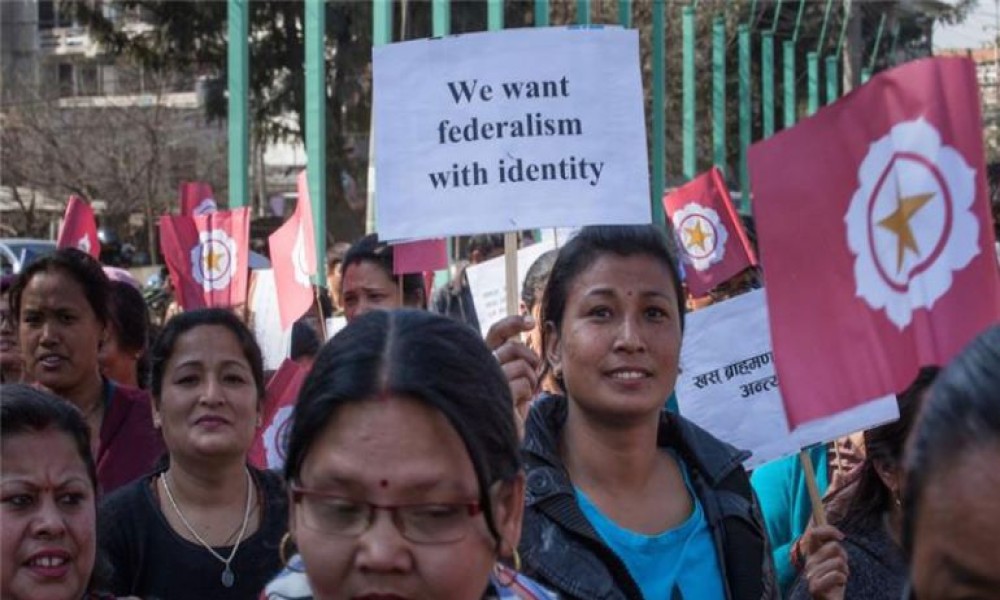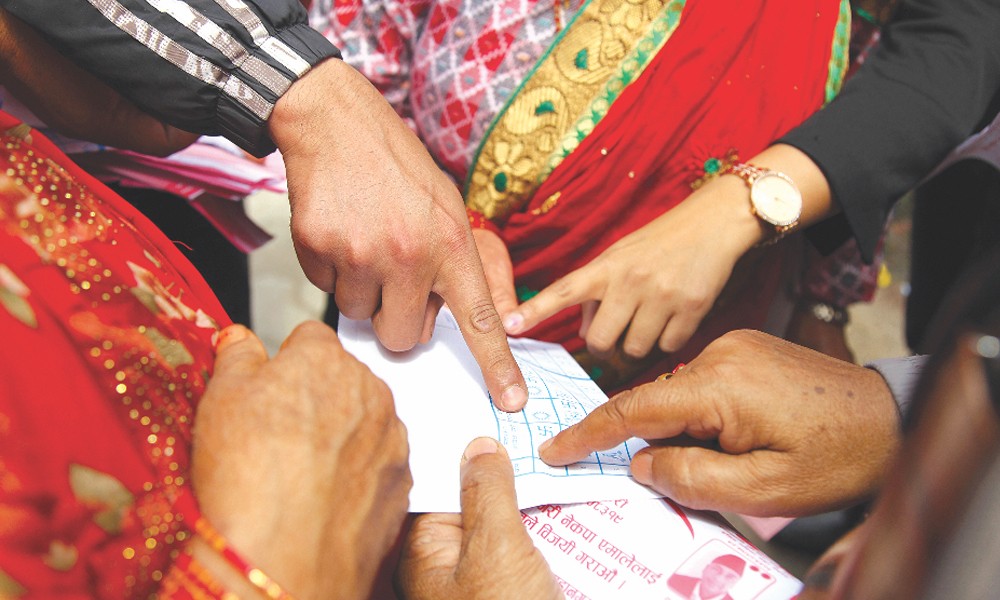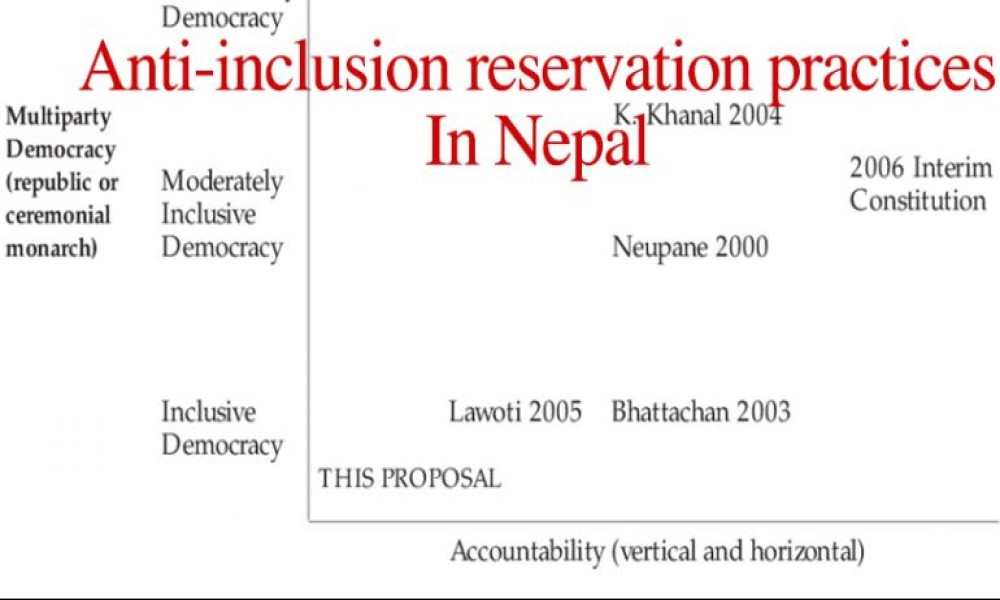Nepal has already been declared a federal republic, but a section of the Nepali society is still reluctant to embrace the change yet. They are afraid that federalism will eventually lead to disintegration of the country, and they are increasingly getting more vocal about it. But federalism does not disintegrate the country. It is rather a process to unify the country, ensuring equality and thereby harmony among diverse ethnic groups.
There may be multiple reasons behind confusion and fears over federalism. One of the reasons is the lack of constructive debate over why federalism is needed, and how it will strengthen national unity instead of causing disharmony and disintegrating the country. To understand why federalism is a unifying force, we need to understand the links that it will provide between ethnic communities, their provinces and the central government. What we should keep in mind is that our federal set up must offer these links.
To understand why federalism is a unifying force, we need to understand the links that it will provide between ethnic communities, their provinces and the central government. What we should keep in mind is that our federal set up must offer these links.
One of the links could be the strong representation of federal provinces in the national parliament. In the federal set-up, both or at least the upper house must be inclusive with proportional participation of all caste, ethnic, linguistic, regional and gender groups representing all provinces. If the legislative body is inclusive, no province would feel the need to be separated. In India, the inclusive upper house is not as strong as the lower house, but even that has helped strengthen the link between the center and the provinces. The central government cannot use 80 per cent of the national budget, it is logically distributed among the states. Such an equal distribution of the state resources is the key to the success of a federal nation.
Setting up of a constitutional court could be another way to maintain a link between the center and the provinces. When we actually start implementing federalism, disputes between the state and the provinces or between province and province will certainly surface. More than one provinces might stake their claims over the same river or any other natural resources. If these disputes are not sorted out effectively, inter-provinces or the center versus state dispute might paralyze federal exercise. So we need a court to look into these matters.
If we build the links between the center and the provinces or among provinces in this way, federalism will surely be the superior form of democracy. Nobody needs to be afraid about disintegration of the country.
One might argue that we do not need to set up a new court because we already have the Supreme Court. But our apex court is dominated by the hill Brahmin-Chhetri community, and it will not be able to resolve inter-ethnic community disputes. For this, we need a constitutional court with proportional representation of all ethnicities, religious, linguistic and gender groups. The constitutional court must resolve inter-community disputes in a way that neither ethnic group will feel defeated.
If we build the links between the center and the provinces or among provinces in this way, federalism will surely be the superior form of democracy. Nobody needs to be afraid about disintegration of the country.










